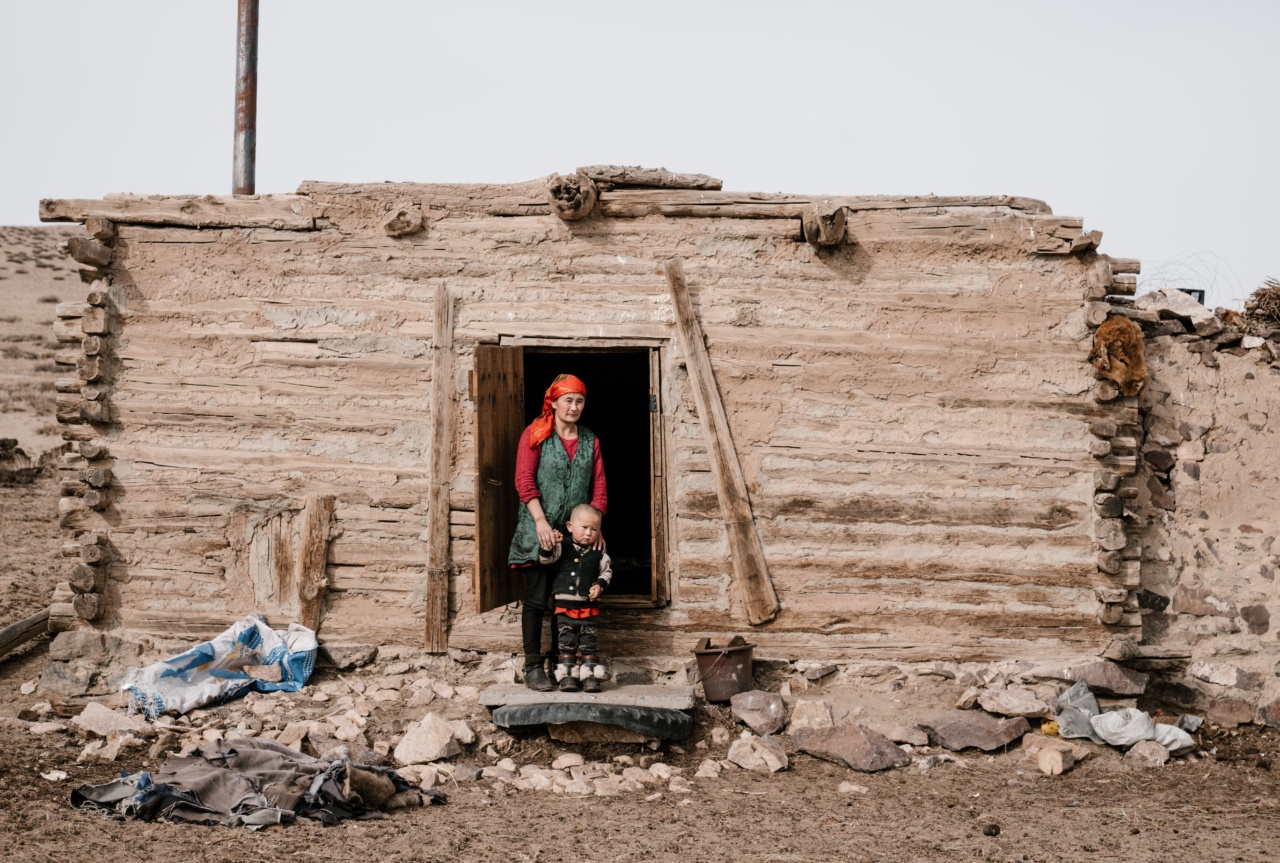Dehydration is a condition that occurs when the body loses more fluids than it takes in. It can be a serious health concern for children, as their bodies are more sensitive to changes in fluid balance.
As a parent, it is essential to understand the signs, causes, and prevention of dehydration to ensure the well-being of your child. This article will provide you with valuable information on dehydration in children.
Signs and Symptoms of Dehydration
Recognizing the signs of dehydration in children is crucial as the condition can escalate quickly. Some common symptoms to watch for include:.
- Increased thirst
- Dry or sticky mouth and tongue
- No tears when crying
- Decreased or dark yellow urine
- Dry and cool skin
- Irritability and fussiness
- Sunken eyes or cheeks
- Lethargy or fatigue
- Dizziness or lightheadedness
- Headaches
Causes of Dehydration in Children
Understanding the causes of dehydration can help parents take proactive measures to prevent it. Some common causes include:.
- Inadequate fluid intake: Not drinking enough fluids, especially during hot weather or physical activity, can lead to dehydration.
- Vomiting and diarrhea: Illnesses that cause vomiting and diarrhea can quickly deplete fluids from the body and result in dehydration.
- Fever: A high fever can increase sweating and fluid loss, leading to dehydration.
- Excessive urination: Some medical conditions, such as diabetes, can cause frequent urination, leading to fluid depletion.
Preventing Dehydration in Children
Prevention plays a vital role in ensuring children remain adequately hydrated. Here are some key measures parents can take:.
- Encourage regular fluid intake: Offer your child water, milk, or other hydrating beverages throughout the day. Make it a habit for them to take sips even if they are not feeling thirsty.
- Monitor urine color and frequency: Teach your child about urine color indicators and encourage them to use the restroom when needed.
- Provide water-rich foods: Incorporate fruits and vegetables with high water content, such as watermelon, cucumber, and oranges, into your child’s diet.
- Limit sugary drinks: Excessive consumption of sugary beverages can contribute to dehydration. Encourage water as the primary choice for hydration.
- Be cautious during physical activity: Ensure your child drinks plenty of fluids before, during, and after exercise or play to replenish any lost fluids.
- Monitor hot weather exposure: When spending time outdoors on hot days, provide shade and encourage frequent breaks for hydration.
When to Seek Medical Attention
While most cases of dehydration can be managed at home, certain situations require medical attention. Contact your child’s healthcare provider if you observe the following:.
- Severe diarrhea or vomiting lasting more than 24 hours
- Refusal to drink fluids or eat
- Signs of dehydration in an infant (e.g., sunken fontanelle, no wet diapers for 6 hours)
- Extreme lethargy or irritability
- Significant decrease in urination
- Dark or bloody stools
Treating Dehydration
If your child becomes dehydrated, immediate action can help resolve the condition. Follow these steps:.
- Offer fluids: Encourage your child to drink small amounts of water or an oral rehydration solution specifically designed for children.
- Monitor progress: Keep track of urine output and overall improvement. If symptoms worsen or persist, seek medical attention.
- Rest: Allow your child to rest and avoid physical activity until the dehydration has resolved.
- Provide a balanced diet: Offer foods rich in electrolytes, such as bananas or yogurt, to restore any lost minerals.
Conclusion
Dehydration is a significant concern for parents, but with the right knowledge and prevention measures, it can be effectively managed. Watch for signs of dehydration, encourage regular fluid intake, and seek medical attention when necessary.
By staying vigilant and proactive, parents can ensure their children stay hydrated and healthy.


























